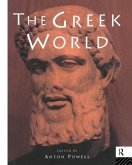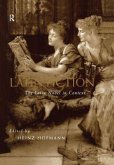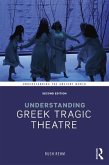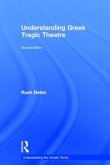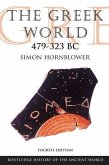'Many sections represent the sort of avuncular guidance one might expect from a thesis advisor, with helpful summaries such as "How Laws Were Made in Ancient Rome" and "Reading a Published Papyrus." Libraries will have a hard time deciding whether this handbook belongs in the reference collection, on reserve as a course textbook, or as part of the circulating collection. Institutions supporting programs in classical studies may want copies in all three locations. Summing Up: Essential. Undergraduate classics majors, graduate students, and faculty/researchers.' - Choice
"Schaps has written a remarkable book ...there is something in here to benefit anybody, from beginners to seasoned researchers... [it] is truly a guidebook, as his desire is to produce "an orientation" (xiv) that will lay out the basics of a given field and then point people to the right resources for further study... this book thus represents a significant achievement, one that will likely find a regular place on researchers' shelves and in graduate seminars for years to come." - Mark Thorne, Bryn Mawr Classical Review
"Schaps has written a remarkable book ...there is something in here to benefit anybody, from beginners to seasoned researchers... [it] is truly a guidebook, as his desire is to produce "an orientation" (xiv) that will lay out the basics of a given field and then point people to the right resources for further study... this book thus represents a significant achievement, one that will likely find a regular place on researchers' shelves and in graduate seminars for years to come." - Mark Thorne, Bryn Mawr Classical Review


